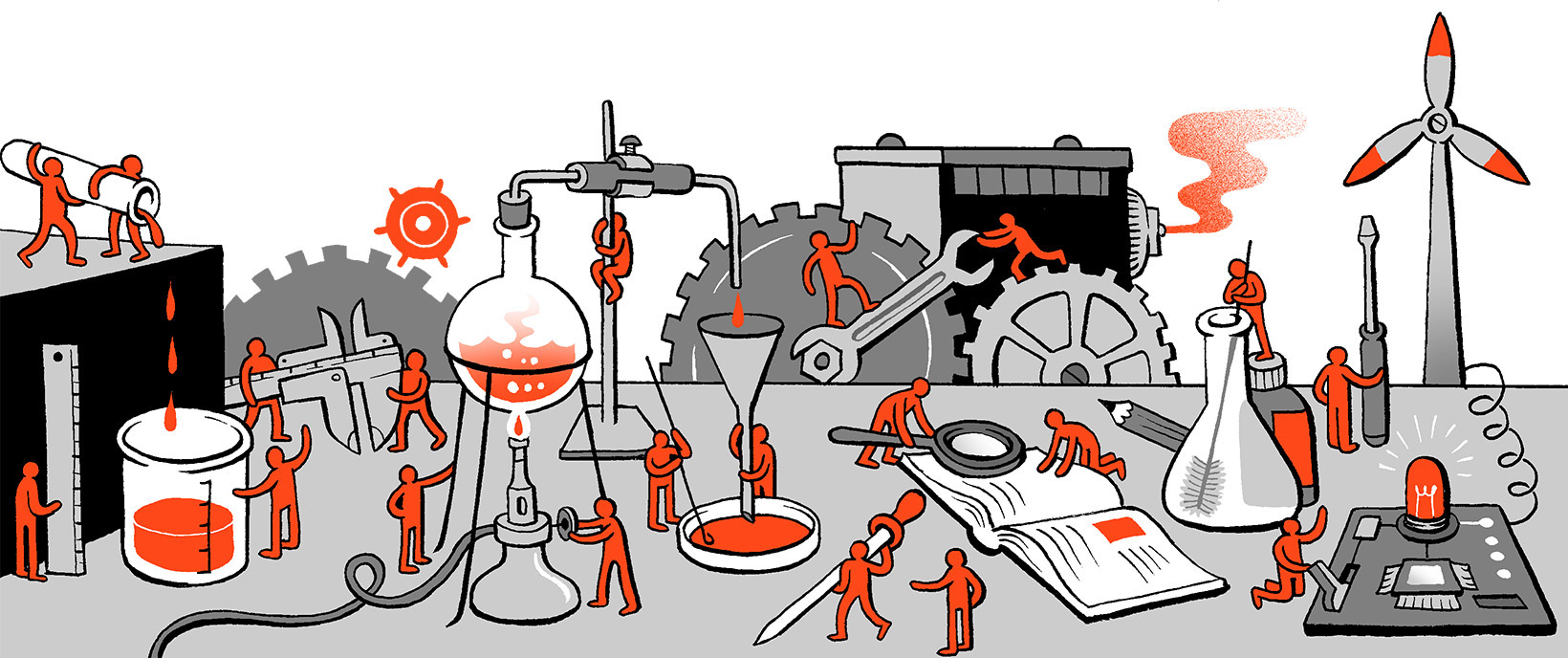Far too often, science is judged by the addition of market value. Science is the “innovation engine” that powers the economy, and metrics of market growth are used to justify what science is done. Yet, the most profitable science is often very different from the most meaningful or societally impactful science.
For example, while everyone agrees that one the most pressing scientific and medical problems facing humanity is the rise of antibiotic resistant microbes, which are expected to kill 10 million people a year by 2050, most big pharmaceutical companies have stopped performing R&D on antibiotic research because the potential return on new antibiotic treatments is small compared to the profits that can be generated from developing even a mildly effective drug for a chronic condition. After all there are larger profits in having people take drugs for the rest of their lives than there are in curing people with a two-week dose of antibiotics.
Beyond profit making, current scientific practices often reflect a worldview that fails to recognize the enormous roles that social inequities play in shaping which scientific questions get asked and what potential technologies are pursued.For example, in the context of healthcare, there is an epidemic of drug overdose deaths, rising suicide rates, and widespread but poorly understood mental health problems. Rather than investigating the social and political roots of these problems, government and philanthropists alike propose “technological fixes” or focus on molecular markers and genetic elements of complex diseases, and perhaps even seek to find the disease’s evolutionary origins. Each “solution” suggests a strong biological determinism of societal ills. This narrative is counterproductive. Failing to proportionally fund research into societal rather than biological causes of disease leads to treatments that only focus on the latter, which are then disproportionately available to wealthy populations. The result is by now familiar; a science that is feeding, rather than reversing, inequalities.

